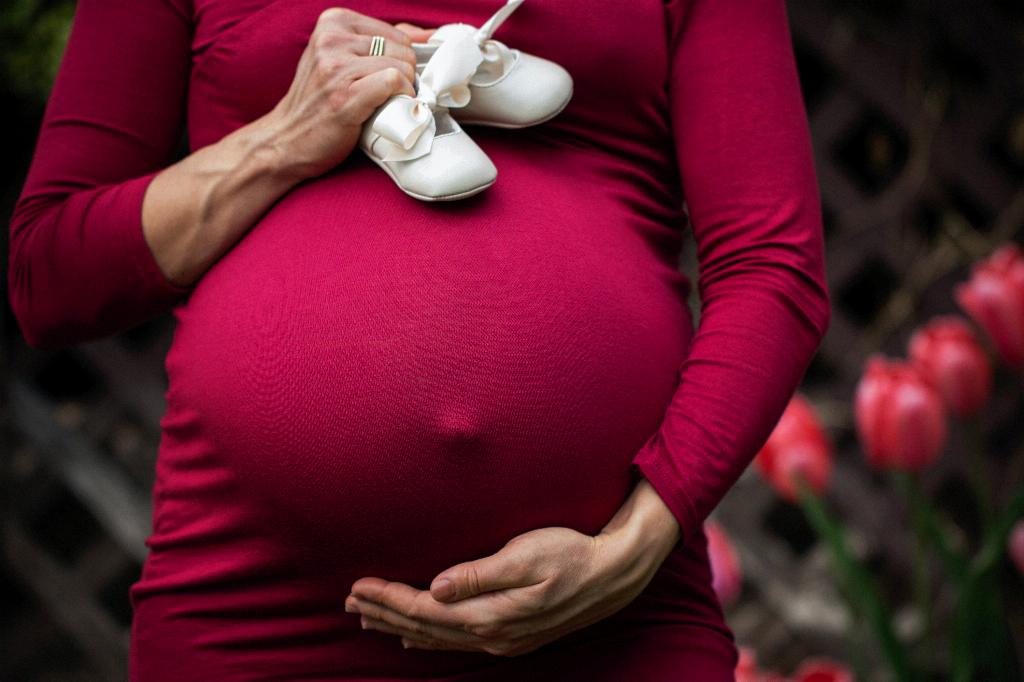When it comes to pregnancy, age is a significant factor that can impact both the birthing person and the baby. Advanced maternal age, typically defined as a pregnancy in individuals over the age of 35, has been a topic of discussion in the medical community. However, the term “geriatric pregnancy” can often carry negative connotations and may not accurately reflect the reality of becoming pregnant in one’s 30s.
While it is true that pregnancies in individuals over 35 are considered to be at a higher risk for complications compared to younger pregnancies, the term “geriatric pregnancy” may not be the most appropriate or sensitive label to use. Many individuals are choosing to delay pregnancy for various personal, professional, or health-related reasons, and it is essential to provide support and accurate information rather than instill fear or stigma.
One of the concerns associated with pregnancy after 30 is the increased risk of miscarriage. As individuals age, the quality of eggs may decline, leading to a higher risk of chromosomal abnormalities that can result in miscarriage. While this risk does increase with age, it is essential to recognize that many individuals in their 30s go on to have healthy pregnancies and babies without complications.
In addition to the risk of miscarriage, pregnant individuals over 35 are also at a higher risk for certain congenital disorders in their babies. The chance of having a child with a chromosomal abnormality, such as Down syndrome, does increase with maternal age. However, it is crucial to remember that screening tests are available to help detect these disorders early on, allowing for informed decision-making and appropriate medical care.
Another potential concern with pregnancy after 30 is the higher likelihood of developing gestational hypertension or preeclampsia. These conditions, which involve high blood pressure during pregnancy, can pose risks to both the birthing person and the baby. Regular prenatal care and monitoring are essential to identify and manage these conditions to ensure the best possible outcome.
While there are certainly increased risks associated with pregnancy after 30, it is essential to approach the topic with nuance and sensitivity. The term “geriatric pregnancy” may be outdated and potentially harmful, as it can perpetuate age-related stereotypes and create unnecessary anxiety for individuals considering pregnancy in their 30s.
It is crucial for healthcare providers to provide accurate information, support, and resources to individuals of all ages who are considering starting or expanding their families. Each person’s journey to parenthood is unique, and age should not be the sole determinant of one’s ability to have a healthy pregnancy and baby.
Ultimately, the decision to pursue pregnancy after 30 is a personal one that should be made in consultation with healthcare providers and based on individual circumstances and preferences. While there are potential risks to consider, many individuals in their 30s go on to have successful pregnancies and healthy babies.
By fostering open and honest conversations about pregnancy and age, we can empower individuals to make informed choices about their reproductive health and family planning. It is essential to move away from stigmatizing language and instead focus on providing accurate information and support to individuals at all stages of their fertility journey.

